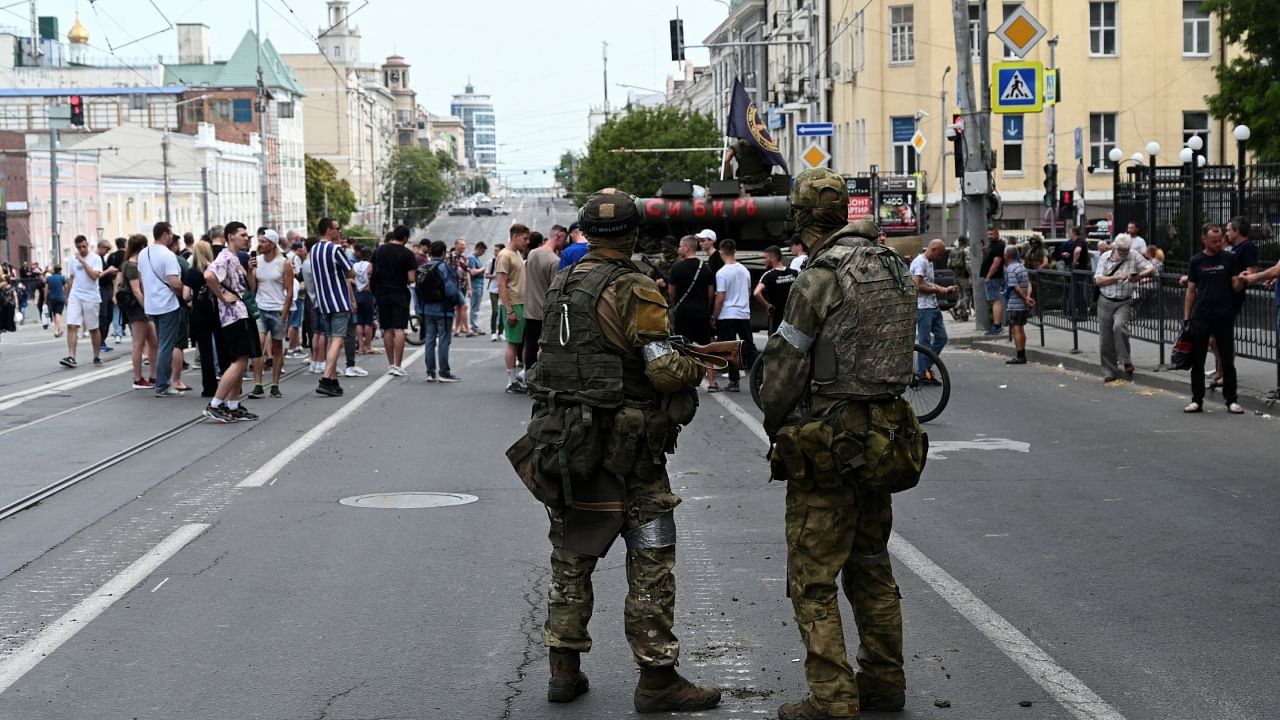
Yevgeny Prigozhin’s armed uprising against Russia’s military leadership has placed an immediate focus on Rostov-on-Don, a city of 1.1 million people in southern Russia that for years has felt reverberations from Russia’s military actions in nearby Ukraine.
As the headquarters for one of Russia’s five military districts, Rostov has played a primary role in operations in Ukraine since 2014, when Russia sparked a separatist war just over the border in the Donbas region. The city’s importance as a military hub has continued since Russia launched its full-scale invasion in February 2022.
“Rostov is a logistical hub for the entire Russian military effort in Ukraine, so it is heavily protected. The top chain of command is in Rostov,” said Andrei Soldatov, an expert on Russian intelligence services and a senior fellow with the Center for European Policy Analysis.
The fact that Prigozhin and his troops were able to occupy Rostov is not only militarily and strategically symbolic, it is also significant for Russia’s ability to wage its war in Ukraine, he added.
In early messages when the uprising began, Prigozhin suggested that Russia’s defense minister had been in Rostov, claiming without evidence that the top official had gone to the Southern Military District headquarters personally to oversee a Russian strike on the Wagner military group’s position in Ukraine.
In a video posted on Prigozhin’s Telegram channel, he was seen laughing with Russia’s deputy minister of defense, Yunus-Bek Yevkurov, and the deputy head of the Russian military intelligence, Lt. Gen. Vladimir Alekseyev.
“Mr. Alekseyev is in charge of all intelligence activities in Ukraine,” said Soldatov, emphasizing the significance of the fact that the two men had been “effectively taken hostage by Prigozhin’s people.”
Near the Azov Sea near Ukraine’s southeastern border, Rostov has also been on the receiving end of migration flows out of the Donetsk and Luhansk regions since 2014, making the situation in Ukraine more relevant there than in many other parts of Russia.
Much of the Rostov region is focused on agriculture, with a giant Soviet-era constructivist theater shaped like a tractor in the center of the main city.